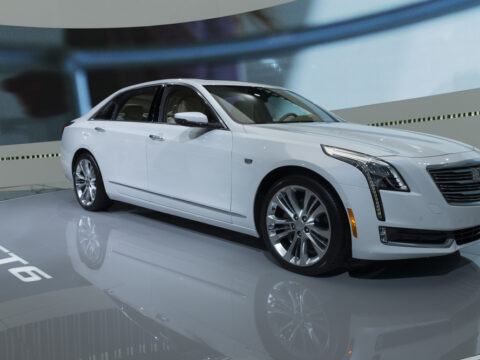Sports cars are often surrounded by myths and misconceptions that can mislead enthusiasts and casual observers alike. From assumptions about their performance to beliefs about their practicality, many of these ideas are far from the truth. In this article, we’ll debunk 20 common misconceptions about sports cars, revealing the real facts behind these high-performance vehicles.
Contents
Sports Cars Are Only for the Rich
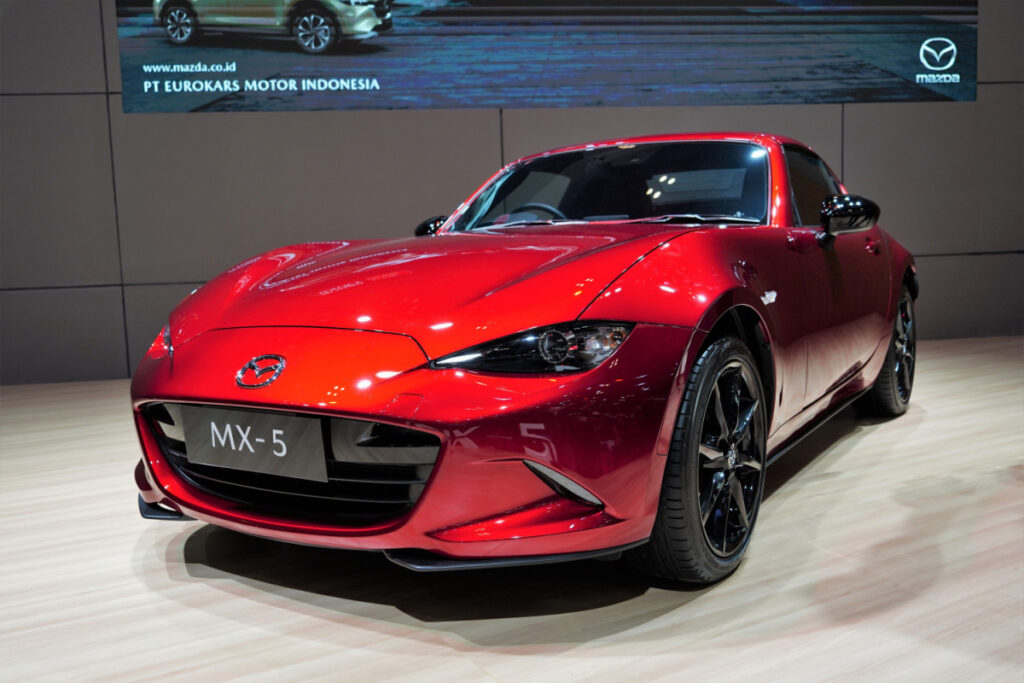
While it’s true that some sports cars come with hefty price tags, many manufacturers offer affordable options. Models like the Mazda MX-5 Miata and Ford Mustang provide thrilling performance without breaking the bank. These vehicles are designed to offer a sports car experience at a more accessible price point, proving that you don’t need to be wealthy to enjoy a sports car.
Sports Cars Are Not Practical for Daily Use
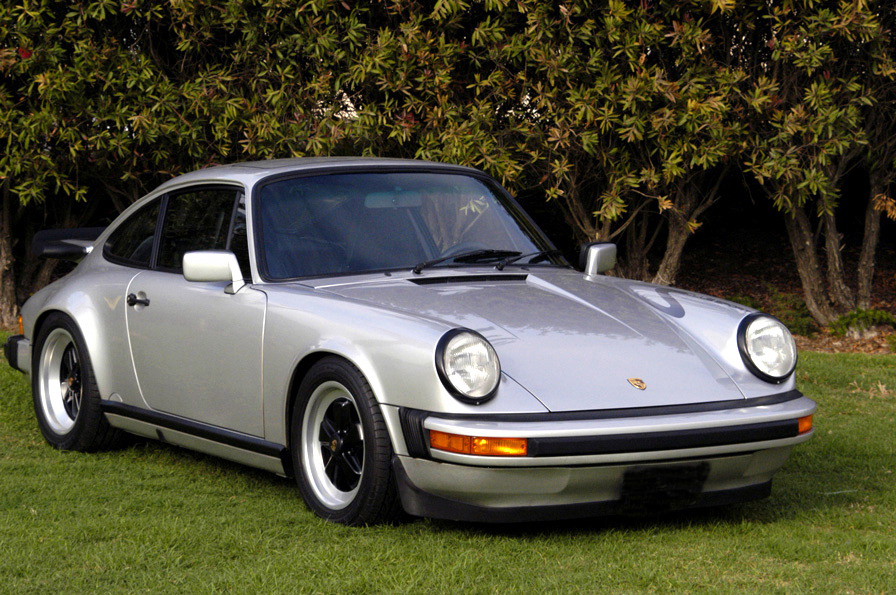
Modern sports cars have evolved to include features that make them suitable for daily driving. Many come with ample cargo space, comfortable seating, and advanced infotainment systems. For example, the Porsche 911 offers rear seats and a usable trunk, making it a viable option for everyday use.
All Sports Cars Are Gas Guzzlers

Advances in engine technology have led to more fuel-efficient sports cars. Models like the Chevrolet Corvette and BMW i8 incorporate hybrid technology or highly efficient engines that provide excellent fuel economy. These innovations debunk the myth that sports cars are always gas guzzlers.
Sports Cars Are Uncomfortable
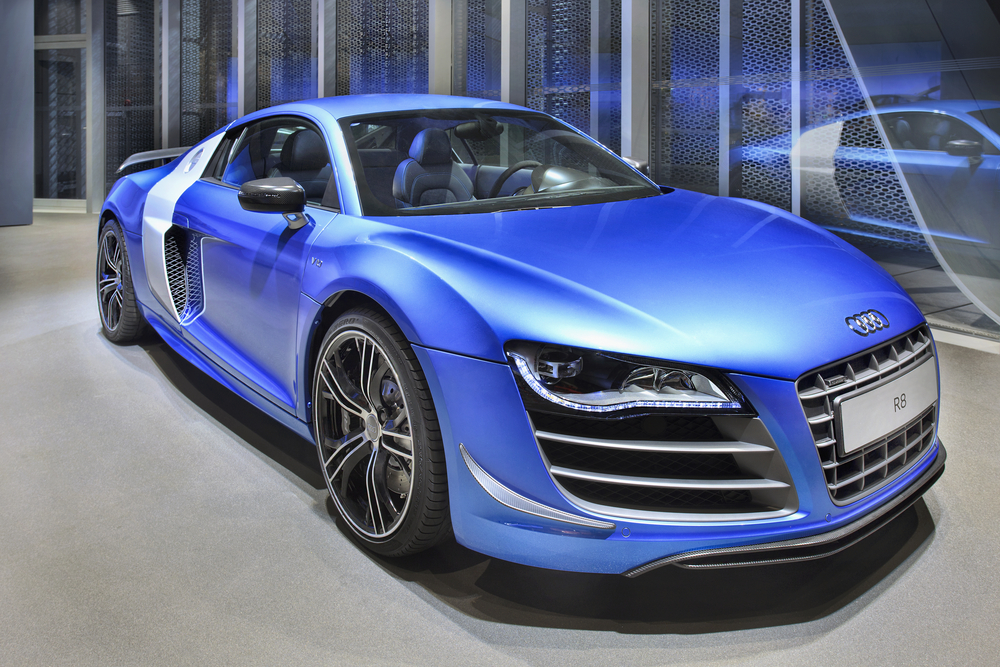
The stereotype that sports cars are uncomfortable is outdated. Modern sports cars, such as the Audi R8 and Mercedes-AMG GT, are equipped with adjustable seats, high-quality materials, and advanced suspension systems that offer a smooth and comfortable ride, even on long journeys.
Sports Cars Are Unsafe
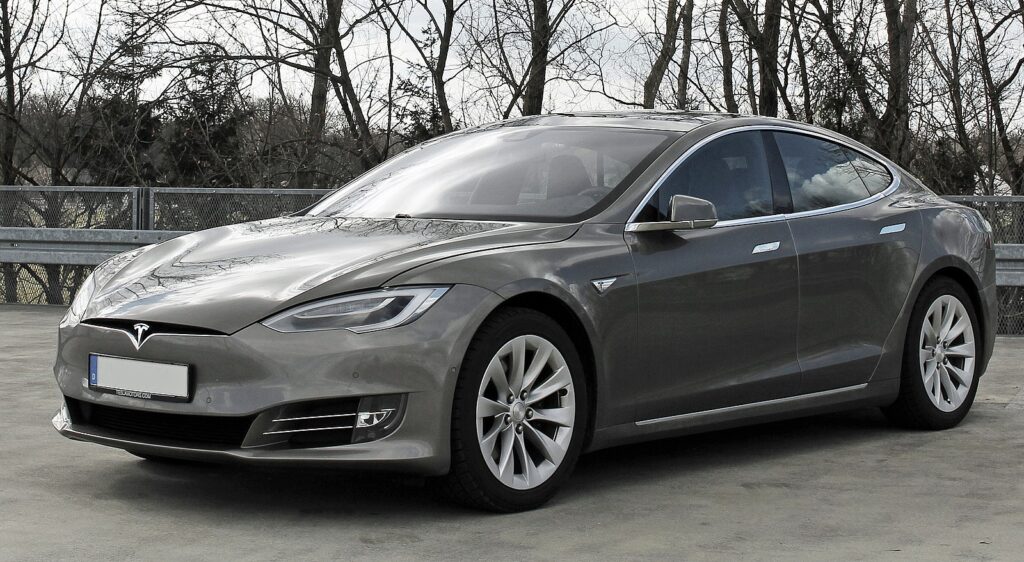
Safety is a top priority for sports car manufacturers. Many sports cars are equipped with advanced safety features such as stability control, anti-lock brakes, multiple airbags, and even driver assistance technologies. The Tesla Model S, for example, has achieved high safety ratings due to its robust safety features.
Sports Cars Are Only for Young People
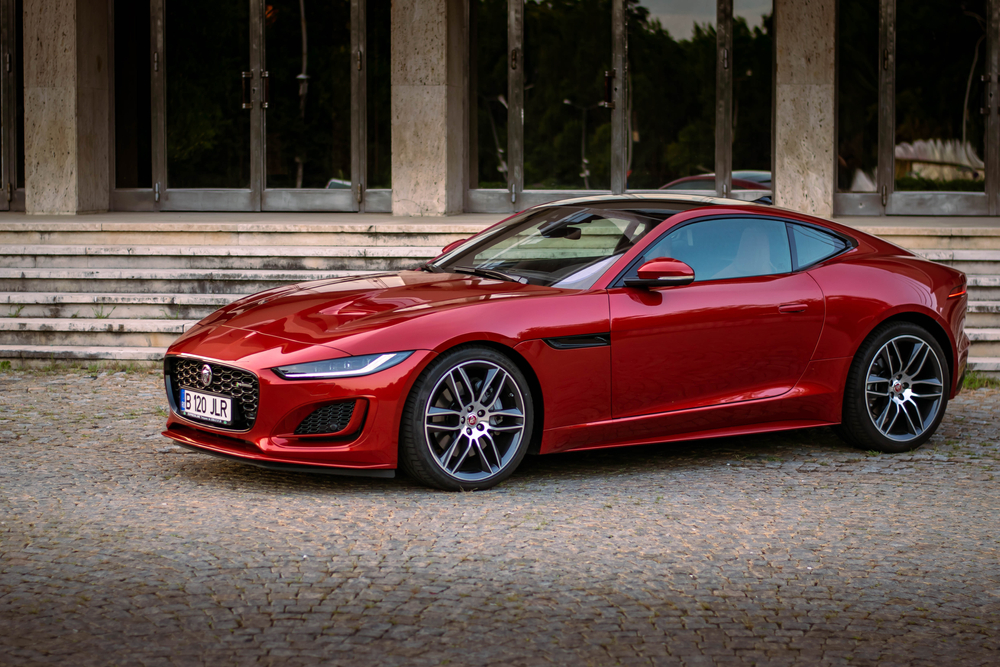
Sports cars appeal to people of all ages. Older enthusiasts often appreciate the engineering, design, and driving experience that sports cars offer. Models like the Jaguar F-Type are popular among older drivers who enjoy a blend of performance and luxury.
Sports Cars Can’t Handle Bad Weather

Modern sports cars are designed to handle various weather conditions. All-wheel drive systems and advanced traction control in models like the Subaru WRX and Audi TT provide excellent performance in rain and snow, debunking the myth that sports cars are only for fair weather.
Sports Cars Are Always Loud

Not all sports cars are designed to be loud. Many models offer quiet, refined engines with sound-deadening materials to reduce noise. The Lexus LC 500 is an example of a sports car that delivers powerful performance with a quiet cabin.
All Sports Cars Have Manual Transmissions
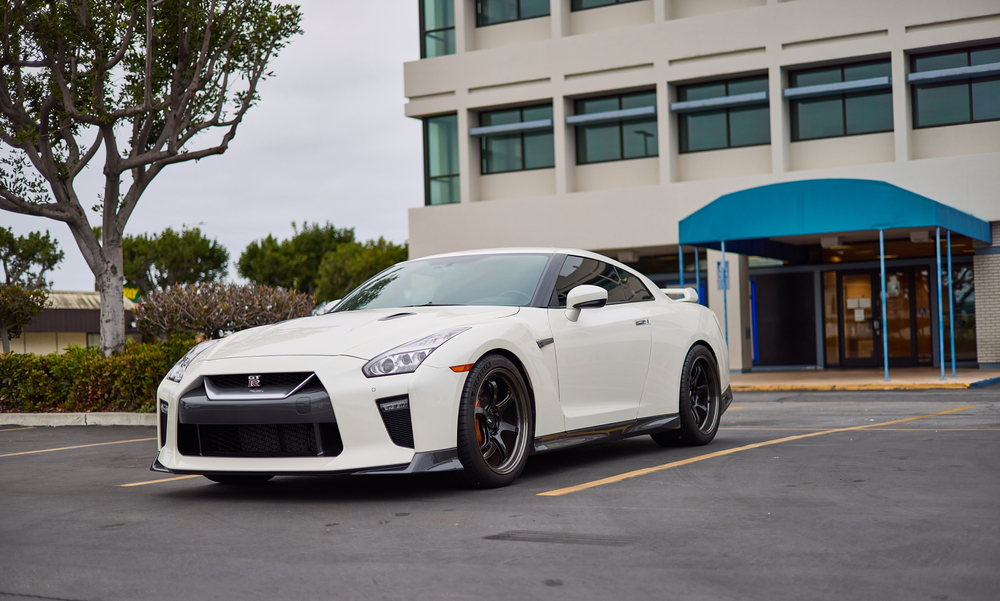
While manual transmissions are popular among purists, many sports cars now come with advanced automatic or dual-clutch transmissions. These systems, found in cars like the Nissan GT-R and Ferrari 488, provide quick, seamless gear changes and can often be faster than manual shifting.
Sports Cars Are Impractical for Families

Some sports cars are designed with families in mind. Models like the Dodge Challenger and BMW M4 offer rear seats and decent trunk space, making them practical for small families who still want a sporty driving experience.
Sports Cars Are High Maintenance
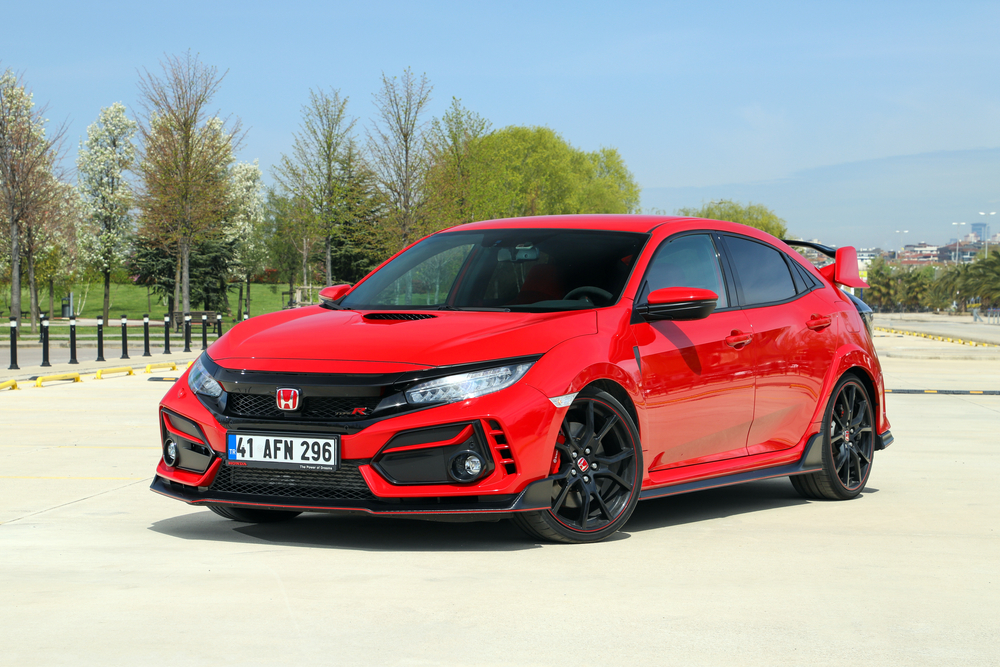
While some high-performance sports cars require specialized care, many sports cars are built to be reliable and affordable to maintain. Brands like Toyota and Honda offer sports cars, such as the Toyota 86 and Honda Civic Type R, that are known for their reliability and low maintenance costs.
Sports Cars Are Bad for the Environment

This misconception is quickly becoming outdated with the rise of hybrid and electric sports cars. The BMW i8 and Tesla Roadster are examples of sports cars that offer high performance while being environmentally friendly, showcasing how sports cars can be green.
You Can’t Drive Sports Cars on Rough Roads

Many sports cars are equipped with adaptive suspensions that allow them to handle rough roads. The Porsche Cayenne Coupe, for example, offers sports car performance with the capability to handle various terrains, proving that sports cars can be versatile.
Sports Cars Are Always Two-Seat Vehicles
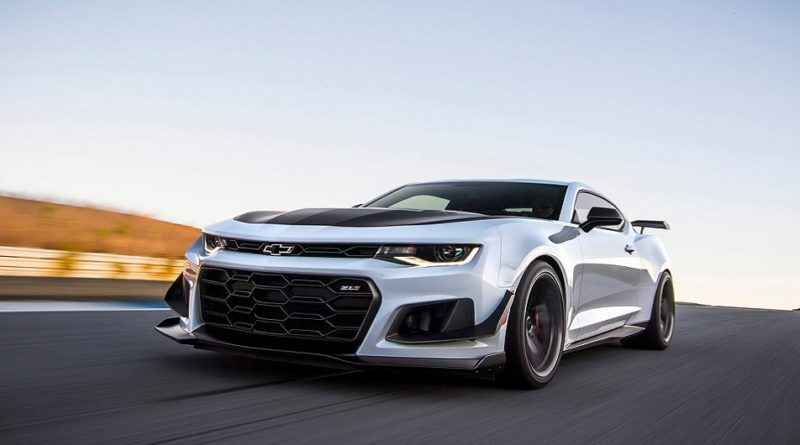
While many sports cars have two seats, there are several models with four or more seats. The Chevrolet Camaro and Ford Mustang are examples of sports cars that offer additional seating, making them more practical for passengers.
Sports Cars Are Hard to Drive
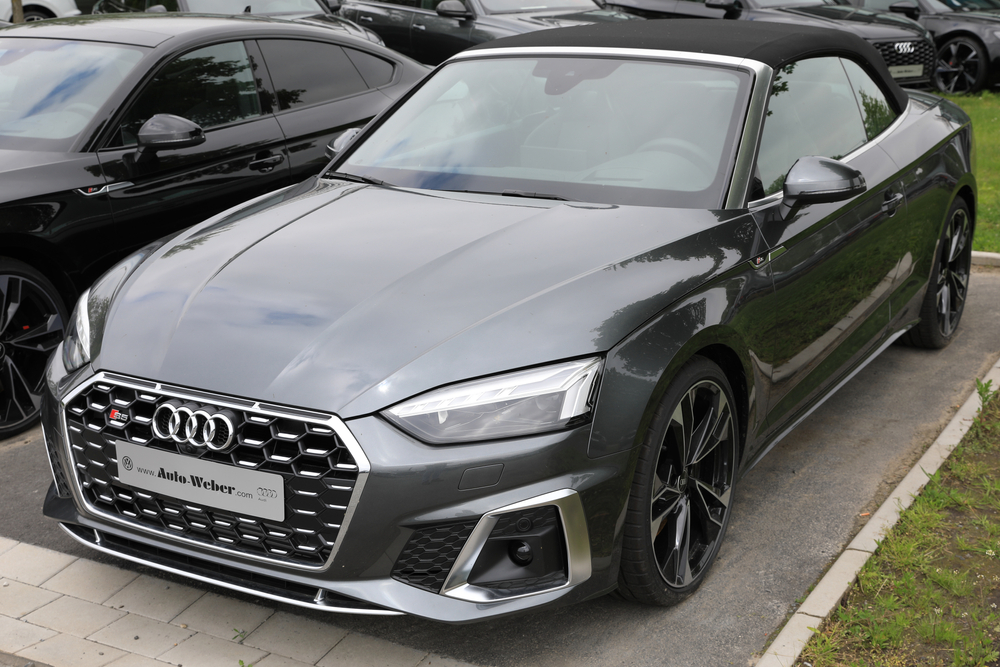
Modern sports cars often come with driver assistance features that make them easier to handle. Technologies such as stability control, traction control, and advanced braking systems in cars like the BMW M2 and Audi S5 make sports cars accessible to average drivers.
Sports Cars Are Not Reliable
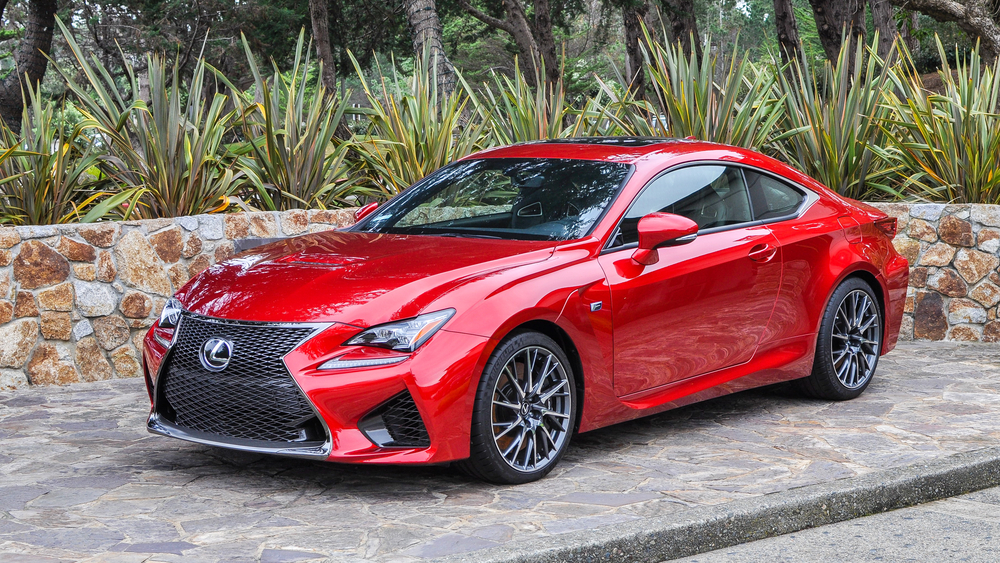
Some sports cars are renowned for their reliability. Brands like Lexus and Mazda produce sports cars, such as the Lexus RC F and Mazda MX-5 Miata, that are consistently rated highly for their dependability and long-term performance.
Sports Cars Are Too Low to the Ground

While some sports cars have a low profile, many feature adjustable suspensions that allow for higher ground clearance when needed. The McLaren 720S, for example, has a suspension system that can be raised to navigate speed bumps and rough roads.
All Sports Cars Look the Same

Sports cars come in a wide variety of designs, each with unique features and aesthetics. From the retro styling of the Ford Mustang to the futuristic look of the Lamborghini Aventador, there is a vast diversity in sports car designs.
Sports Cars Are Not Fuel-Efficient
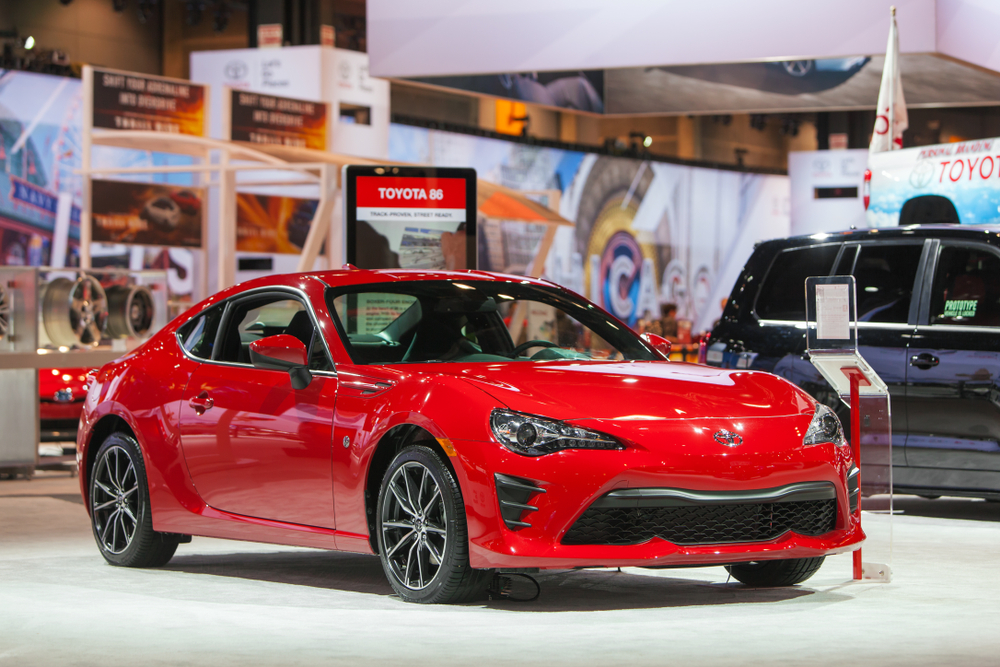
Many sports cars are designed with fuel efficiency in mind. Models like the Porsche Cayman and the Toyota 86 offer a balance of performance and economy, making them more fuel-efficient than many might expect.
Sports Cars Are Difficult to Park

With modern parking aids like rearview cameras, parking sensors, and even automated parking systems, many sports cars are easy to park. Compact designs and these technologies make models like the MINI Cooper S and Audi TT user-friendly in tight spaces.
This article originally appeared in MyCarMakesNoise.
More from MyCarMakesNoise
15 Old-School Trucks That You Don’t See Anymore

Old-school trucks once roamed the roads with their rugged charm and dependable performance. However, as time has passed, many of these classic vehicles have disappeared from everyday view. Read More.
The World’s 20 Most Advanced Public Transit Systems

Public transportation is evolving rapidly, with cities worldwide embracing advanced technologies to make commuting faster, safer, and more efficient. From high-speed trains to autonomous buses, these innovations are transforming how we travel. Read More.
15 Most Reliable Trucks for Heavy-Duty Work

When it comes to heavy-duty work, having a reliable truck is essential. The demands of towing, hauling, and navigating tough terrains require a vehicle that can withstand intense pressure and maintain peak performance. Read More.



